9th Circuit Rules Against California's Ban on Private Immigration Detention
The United States Ninth Circuit Court of Appeals has issued a new ruling on AB 32, a California law that banned the use of for-profit prisons, jails, and immigration detention facilities. The ruling by an 11-judge en banc panel of the court affirmed a three-judge panel’s ruling that the provision of AB 32 that banned the use of private detention facilities by U.S. Immigration and Customs Enforcement (ICE) violates the Constitution. The ruling is a setback for legislators who had supported the ban on private facilities as part of a broader campaign to protect the health and safety of California residents.
The ruling is the latest decision in a legal battle that has gone on since 2020, which started after the private prison company Geo Group, Inc. (GEO) and the federal government sued California to stop enforcement of the legislation. GEO and the federal government had specifically asked for an injunction against the state of California from enforcing AB 32 against private facilities used by ICE. Immigrant Legal Defense, along with Immigrant Defense Advocates, the California Collaborative for Immigrant Justice, and the Center for Gender and Refugee Studies, filed an amicus brief in the case, asking the court to consider the bad faith conduct of private prisons in California. In 2020, a lower district court ruled that California had not violated the constitution in passing AB 32 and denied GEO the injunction it had sought, reasoning that the ban was focused on ensuring the health and safety of residents as opposed to interfering with the enforcement of immigration laws.
The ruling was appealed to the 9th circuit, with the panel of judges overruling the lower court's decision and sending the case back to be reconsidered by the district court. The ruling by the Ninth Circuit specifically found that AB 32 violated the “Supremacy Clause” of the Constitution, which prevents states from interfering with the federal government's activities. In an opinion written by Judge Jacqueline H. Nguyen, the court held that AB 32 “would override the federal government’s decision, pursuant to discretion conferred by Congress, to use private contractors to run its immigration detention facilities.”The majority held that California was interfering with the enforcement of federal laws by denying ICE the ability to use private facilities to house immigrants detained by the agency for deportation. Arguing that AB 32 “...would give California a “virtual power of review” over ICE’s detention decisions… and allow the “discretion of the federal officers [to] be exercised . . . only if the [state] approves.”
The court believes that the state went too far in effectuating this ban. “California cannot exert this level of control.” Advocates commenting on the decision disagreed with the majority, pointing out that the court’s decision focused almost exclusively on issues related to constitutional law and state interference but ignored the state’s interest in protecting health and safety by banning private facilities. Hamid Yazdan Panah, with Immigrant Defense Advocates, told the L.A. Times, “What I think is really missing from this decision is any sort of recognition of the harm inflicted on people and families by these facilities.
”The ruling does not mean the fight for AB 32 is over. Instead, the Ninth Circuit is sending the case back to a district court to consider the request based on its ruling with respect to the constitutionality and to consider other factors in deciding whether to grant an injunction against the state of California. These factors include the public interest. Jackie Gonzalez, Immigrant Defense Advocates’ policy director, said any such analysis, if done correctly, should weigh in favor of the state’s ban. “There’s no doubt that a law that puts the lives and humanity of people over profits ... is in the public interest,” she said. Gonzalez also disagreed with the majority's decision, arguing that the enforcement of immigration laws does not necessarily mean the creation of private detention centers, citing the broad discretion ICE has to refer people to court without placing them in a detention facility. In a statement to the San Francisco Chronicle, she noted, “Immigration laws in this country can be enforced without locking people up for profit.” A dissenting opinion, written by Chief Judge Mary H. Murguia and two other judges, disagreed with the majority and argued that the law did not directly regulate the federal government and, thus, should have been deemed constitutional.
The dissent argued the bill had originally been written to exercise the state’s police powers to protect health and safety. “The court took judicial notice of AB 32’s legislative history, which supports the conclusion that the state law responds to concerns about the health and welfare of detainees within the state’s borders. This legislative history included committee analysis referring to a 2016 Department of Justice report documenting higher rates of inmate-on-inmate and inmate-on-staff violence, as well as higher rates of use of force by staff, at private prisons.”It further noted that the bill was not intended to interfere with immigration enforcement. “AB 32 may have an impact on federal immigration operations, but it is not an immigration law or a law regulating the federal government. Indeed, the law mentions neither immigration nor the federal government.”
The dissent closed by arguing that they did not believe the law was unconstitutional based on recent decisions by the Supreme Court. California Attorney General Rob Bonta wrote the bill during his time in the state legislature, told the L.A. Times that he was “deeply disappointed” with the ruling, and provided the following statement. “Assembly Bill 32 was enacted to protect the health and welfare of Californians and recognized the federal government’s own documented concerns with for-profit, private prisons and detention facilities. At the California Department of Justice, we’ll continue to do our part to stand up for the dignity and rights of everyone in our state.” Read more about AB 32 in prior ILD blogs below:
